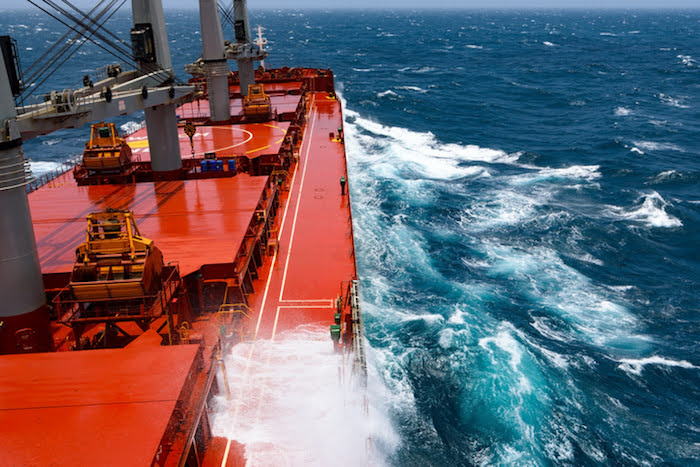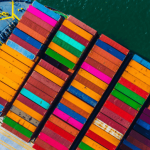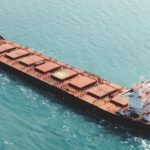Ocean Technologies Group (OTG), the global leader in maritime Human Capital Management and operational technologies, has launched a pioneering new e-learning title: Methanol Fuel Safety.
As the world looks to reduce its dependency on fossil fuels in favour of cleaner energy, methanol has emerged as an increasingly popular option due to its low emissions, production versatility and cost-effectiveness when compared to other alternative fuels. Recent data indicates methanol has overtaken Liquified Natural Gas (LNG) as the preferred alternative fuel for new ships in 2023.
Raal Harris, Ocean Technologies Group
According to the Methanol Institute, there are currently 251 methanol newbuild vessels on the water or in the order book. Well-established technologies also allow for easy conversion of existing marine internal combustion engines to run on methanol.
Most methanol orders are for containerships, with a few for bulk and car carriers. Although LNG remains popular, particularly for new builds in container and car carrier segments, the total number of LNG orders fell from 222 in 2022 to 130 in 2023. These figures reflect the industry’s broader move towards exploring various alternative fuels to achieve a greener future.
Recognising the importance of this trend and in response to customer desire to start preparing their seafarers for new fuels, OTG has developed a new e-learning title on Methanol Fuel Safety. The course curriculum aligns with ongoing work in industry groups to establish training standards for working safely with new fuels. This comprehensive programme provides seafarers with essential knowledge on safe handling and storage of methanol fuel and provides guidance on managing leaks and fires.
The title considers all applicable industry regulations and guidelines available such as “The International Code of Safety for Ships Using Gases or Other Low-flashpoint Fuels (IGF Code)” and the IMO’s interim guidelines for “The Safety of Ships Using Methyl/Ethyl Alcohol as Fuel”.
“It is really important for our customers to ensure that their seafarers stay ahead of the curve and have the knowledge, skills and defined competencies to handle new fuels safely before they are required to work with them,” said Knut Mikalsen, Director of Learning Solutions for OTG.
“At OTG, we’re committed to engaging with customers and key industry stakeholders to develop reliable training standards that can help mitigate potential risks and enable seafarers to work safely with these new fuels while maintaining the highest standards of operational excellence.
With a rapidly evolving space such as decarbonisation, e-learning offers a key advantage in that titles can be swiftly updated to ensure the latest information and best practices are always available wherever and whenever there is a need,” added Johan Gustafsson, Chief Revenue Officer at OTG.
Source: Ocean Technologies Group






